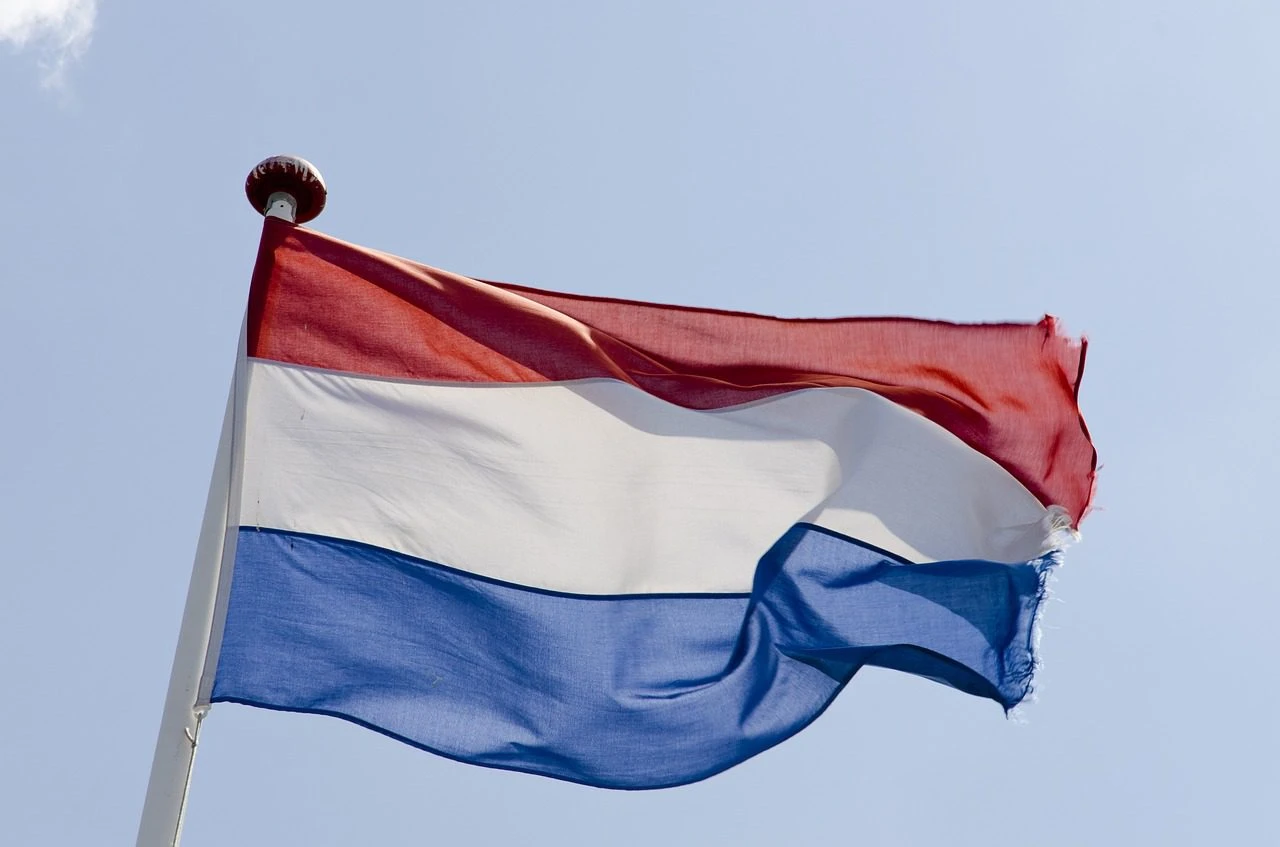Online deposit limits come into force in Netherlands

The regulations, the Dutch government said, are designed to help operators monitor player behaviour and intervene to prevent gambling-related harm. All licensed operators in the Netherlands must abide by the new measures.
Among the new rules are deposit thresholds that relate to a player’s net deposit during a calendar month. If the net deposit exceeds €700 (£583/$777), any further deposits will be blocked until the end of that calendar month. This limit will be set lower (at €300) for young adults (those aged 18-25). These limits will be automatically enacted on the first day of each calendar month.
Players must set personal deposit limits
According to Casino Nieuws, players can increase their deposit limit if they share proof of income with the operator and meet a certain threshold. The outlet reports 30% of net income is the guideline for how much a player will be allowed to deposit.
On top of this, operators will be required to investigate players whose deposits reach these thresholds. This will be to ensure they have sufficient financial capacity for such activity.
As for other measures, players must now set a personal deposit limit when they sign up to an online operator. When players set certain deposit limits, operators must take steps to raise awareness of the help available to those at risk of harm. They will do this for players with a limit of €350 a month, or €150 for those within the young adults age range.
Operators must first contact the customer before such a limit can be set. At this point, the operator should set out the risks associated with online gambling and make players aware of the help available to them. This includes highlighting Crucks, the national self-exclusion scheme in the Netherlands.
On a similar line, players will now face additional responsible gambling messaging during gameplay. Pop-up messages will appear every 30 minutes to highlight how long someone has been playing. Similar messages will also pop up when a user is half-way through their pre-set playing time limit.
Measures get backing from gambling trade association VNLOK
Industry trade association of Licensed Dutch Online Gambling Providers (VNLOK) has spoken out in support of the new measures. VNLOK chair Helma Lodders said the rules will help make the Dutch market safer.
“VNLOK members have already taken extra-legal measures to provide additional protection for players,” Lodders said. “For example, with the Online Gambling Advertising Code or stricter playing limits for young adults.
“VNLOK is therefore in favour of proven effective measures that keep the Dutch online gambling market safe and responsible.”
However, VNLOK also took the opportunity to address concerns over more possible changes to Dutch gambling law. The country’s current Remote Gambling Act is being evaluated by gaming regulator Kansspelautoriteit (KSA) and is expected to conclude at the end of October.
New measures will hurt operators
Local gambling lawyer Alan Littler of Kalff Katz & Franssen tells iGB these requirements will push up the cost of doing business in the Netherlands, given the operational implications of the new measures and intended reduction in consumer spend.
“It should also not be forgotten that the ministry of justice and security’s evaluation of the remote gambling regime will be published come the end of October. Depending on the eventual outcome of this process, it cannot be excluded that further regulatory changes and new requirements will come into the picture, at a later date,” Littler warned.
The Dutch government has also greenlit a gambling tax increase of 7.3% for 1 January 2026. An initial increase from 30.5% of GGR to 34.2% will take place in 1 January 2025. VNLOK, among other trade bodies and licensed operators, have warned that some of these measures could force players to the black market.
“With separate amendments to the law, the government ensures that the coherence in legislation and regulations disappears,” Lodders said. “In addition, a number of measures impose higher thresholds for participation in online gambling. This reduces the legal supply and increases the appeal of illegal gambling sites.
“Well-intentioned measures can thus have a counterproductive effect. It is important to carefully monitor the balance between strict regulation and preventing over-regulation from leading to an increase in illegal supply.”
